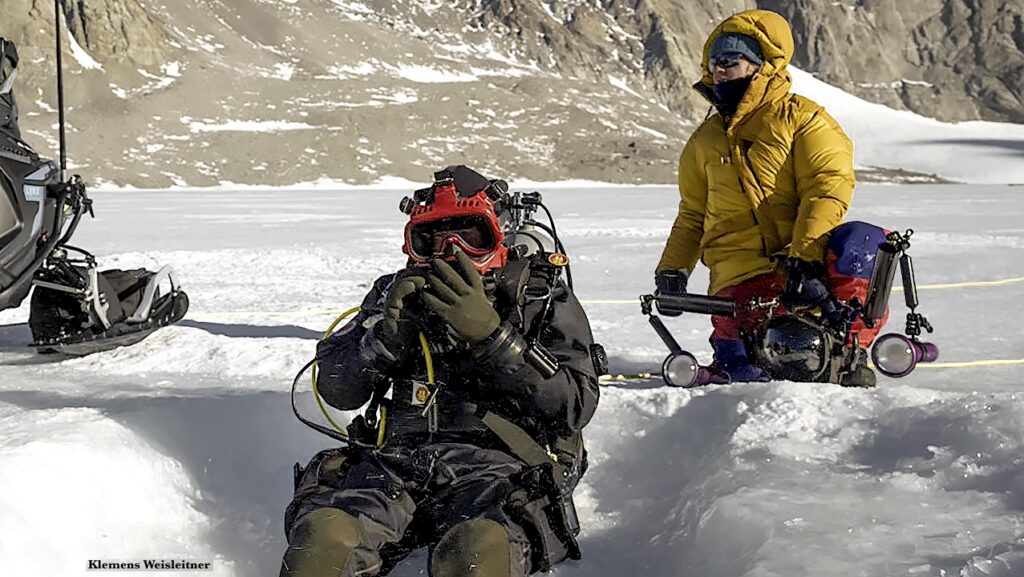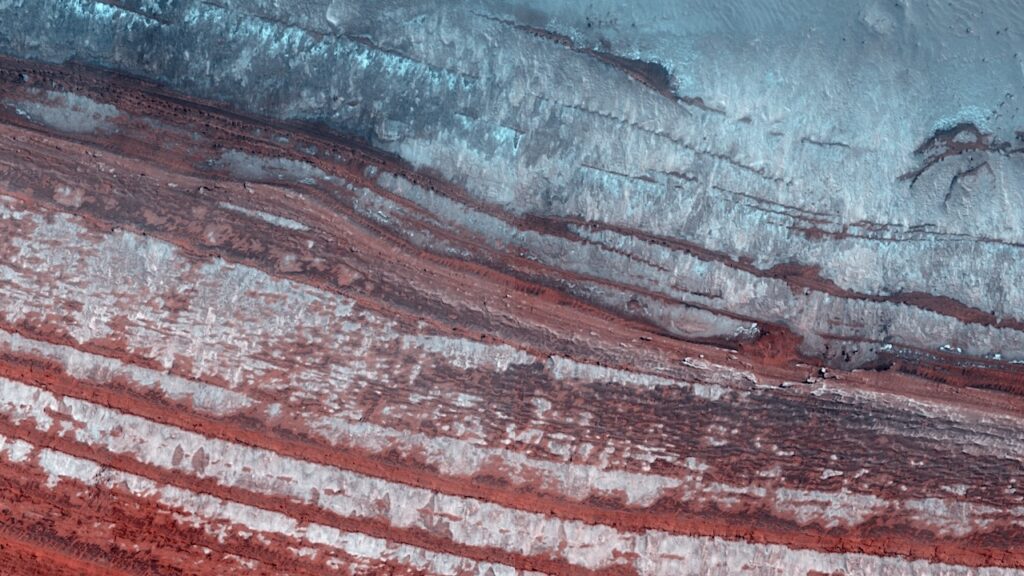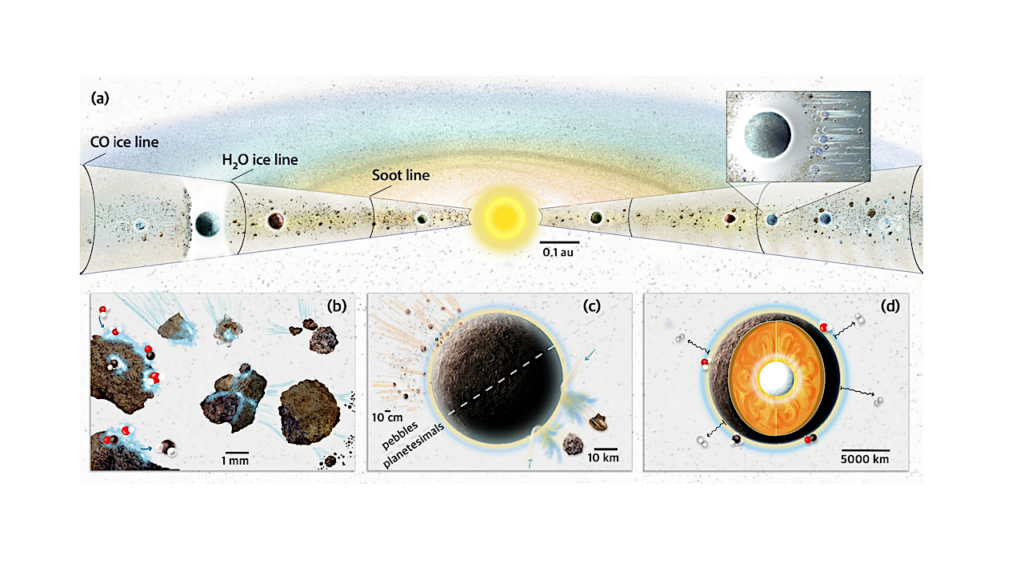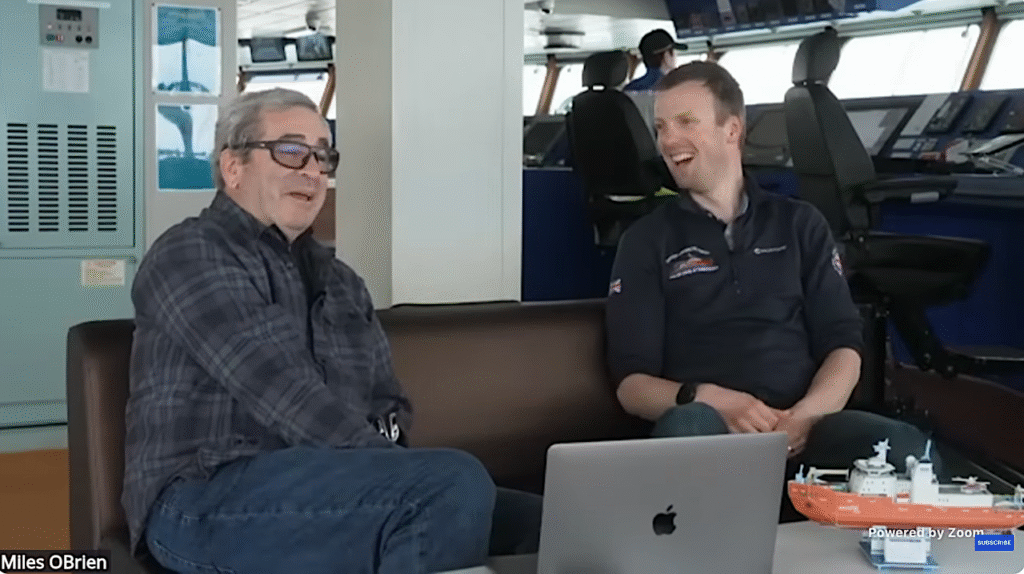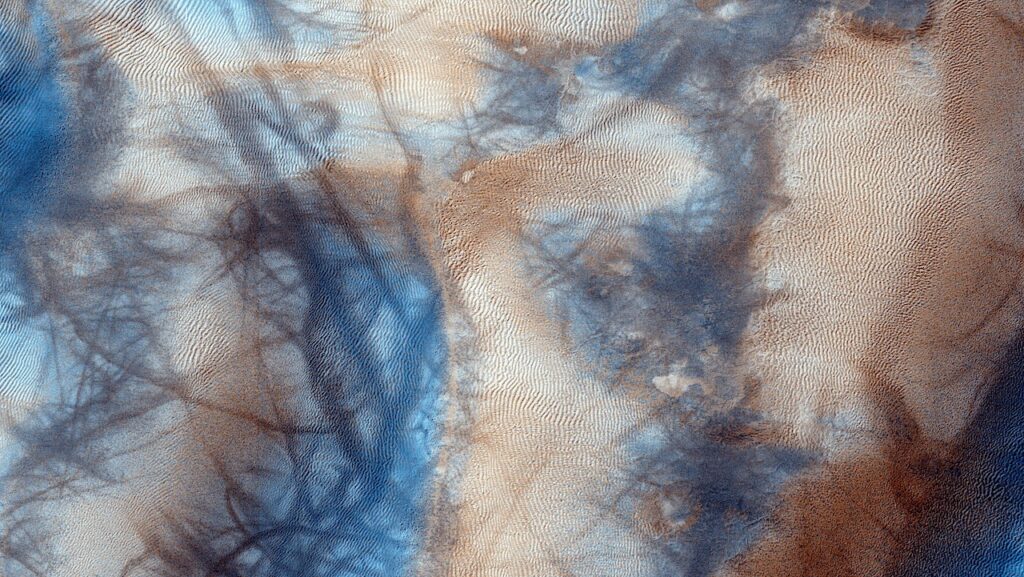Plan Developed to Characterize and Identify Ocean Worlds

Strategies to identify and explore ocean worlds in our solar system should focus on a range of targets, including confirmed and unconfirmed ocean worlds, according to a new paper by a team led by Planetary Science Institute Senior Scientist Amanda R. Hendrix.
Hendrix and Terry A. Hurford of NASA Goddard Space Flight Center are co-lead authors of “The NASA Roadmap to Ocean Worlds” that appears in Astrobiology. Hendrix and Hurford co-chair NASA’s Outer Planets Assessment Group’s Roadmaps to Ocean Worlds (ROW) team. As laid out in the paper, the ROW team supports the creation of an exploration program that studies the full spectrum of ocean worlds: not just the exploration of known ocean worlds such as Europa but also candidate ocean worlds. In their study, the ROW team finds that the confirmed ocean worlds Enceladus, Titan and Europa are the highest priority bodies to target in the near term. As far as candidate (unconfirmed) ocean worlds, Neptune’s moon Triton is the highest priority.
The study also finds that significant understanding of ocean worlds begins by studying our own planet. “Progress needs to be made in the area of collaborations between Earth ocean scientists and extraterrestrial ocean scientists,” Hendrix said. “In addition, to map out a coherent ocean worlds program, significant input is required from studies here on Earth; rigorous research and analysis studies are called for to enable some future ocean worlds missions to be thoughtfully planned and undertaken.”
The paper defines an ocean world as a body with a current liquid ocean, not necessarily global. All bodies in our solar system that plausibly can have, or are known to have, an ocean are considered in this framework. The Earth is a well-studied ocean world used as a reference and point of comparison. Ice giant planets are not included as ocean worlds.
“The overarching goal of an ocean worlds program, should be to identify ocean worlds, characterize their oceans, evaluate their habitability, search for life, and ultimately understand any life we find,” Hendrix said.
The Planetary Science Institute is a private, nonprofit 501(c)(3) corporation dedicated to solar system exploration. It is headquartered in Tucson, Arizona, where it was founded in 1972. PSI scientists are involved in numerous NASA and international missions, the study of Mars and other planets, the Moon, asteroids, comets, interplanetary dust, impact physics, the origin of the solar system, extra-solar planet formation, dynamics, the rise of life, and other areas of research. They conduct fieldwork on all continents around the world. They also are actively involved in science education and public outreach through school programs, children’s books, popular science books and art. PSI scientists are based in 23 states and the District of Columbia, and work from various locations around the world.


